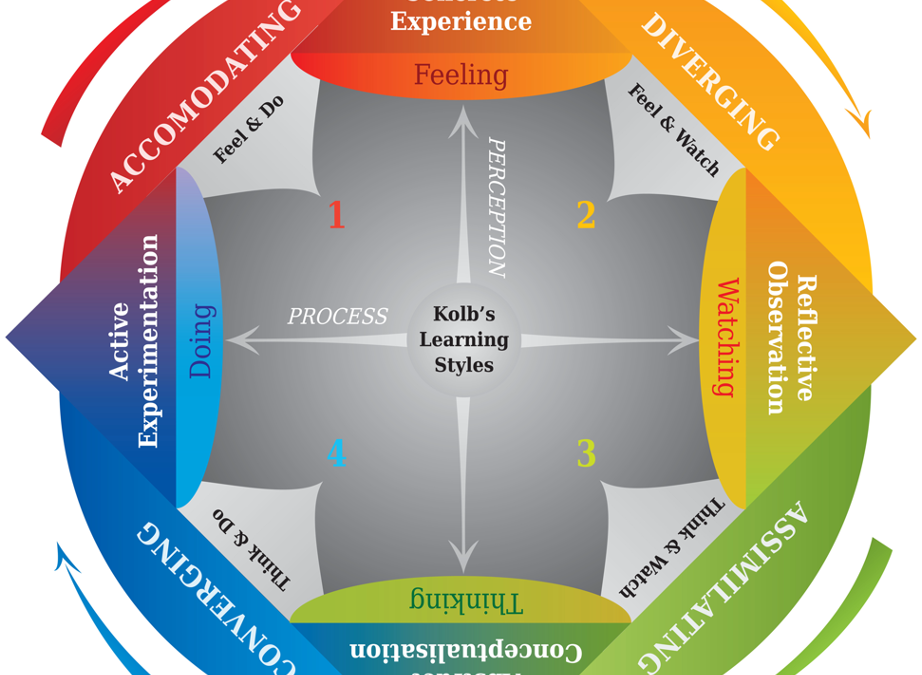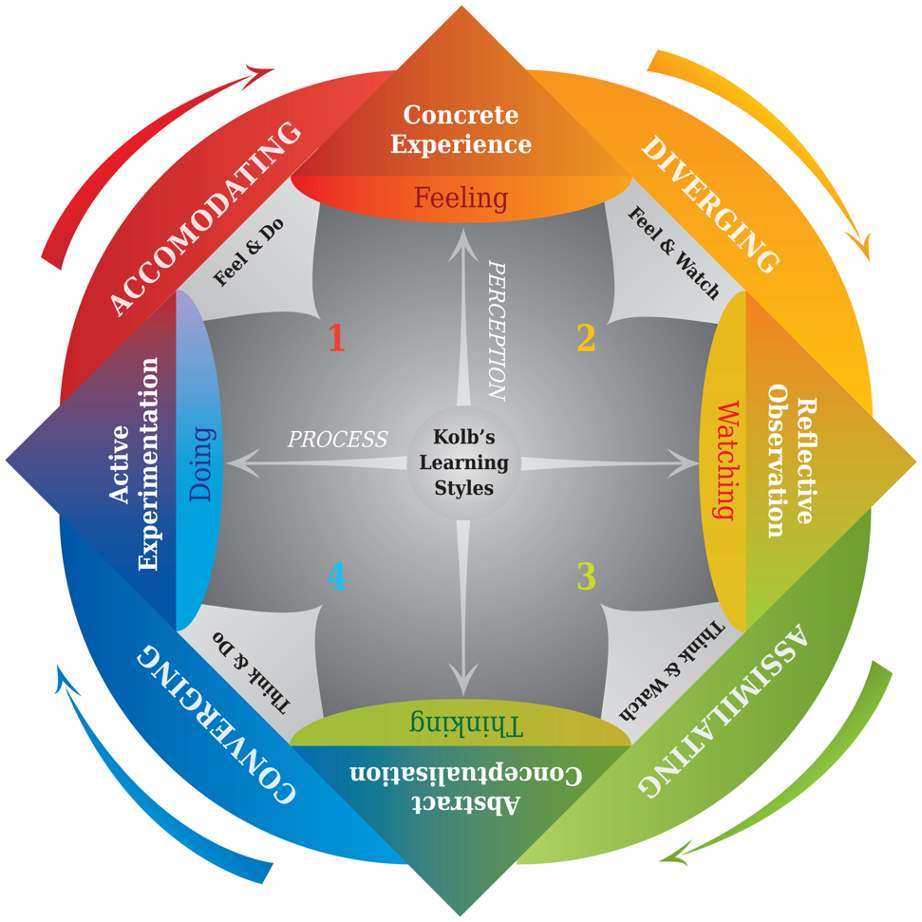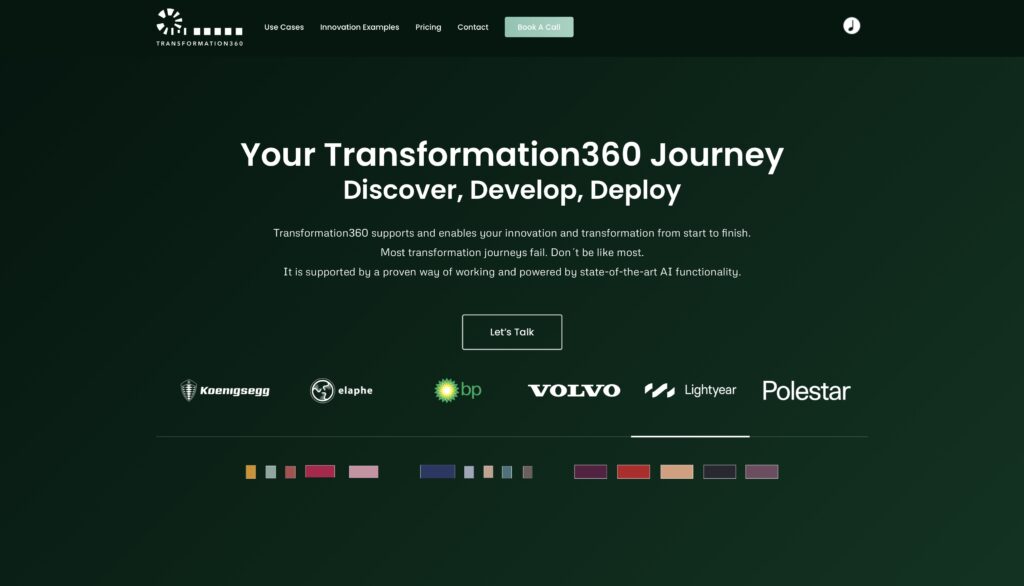Organizational Learning & Innovation
Organizational learning has become crucial for sustained success and innovation in today’s rapidly evolving business environment. Leveraging the right tools and methodologies can make all the difference. One highly effective approach is Kolb’s pedagogic model, integrated with Transformation360. This combination not only promotes continuous improvement but also fosters a culture of innovation.
Understanding Kolb’s Pedagogic Model for Organizational Learning
Kolb’s Experiential Learning Theory posits that learning is a cyclical process involving four key stages: Concrete Experience, Reflective Observation, Abstract Conceptualization, and Active Experimentation. This model provides a structured framework that organizations can use to enhance their learning processes.
- Concrete Experience: Engage in hands-on experiences related to your field. This could involve real-world projects or immersive activities that provide practical insights.
- Reflective Observation: Reflect on these experiences to understand their impacts and outcomes. This stage involves analyzing what happened and why.
- Abstract Conceptualization: Develop theories or models based on your reflections. This involves creating conceptual frameworks that can guide future actions.
- Active Experimentation: Apply these theories in real-world scenarios. This stage tests the validity of your concepts and helps refine them based on practical feedback.




